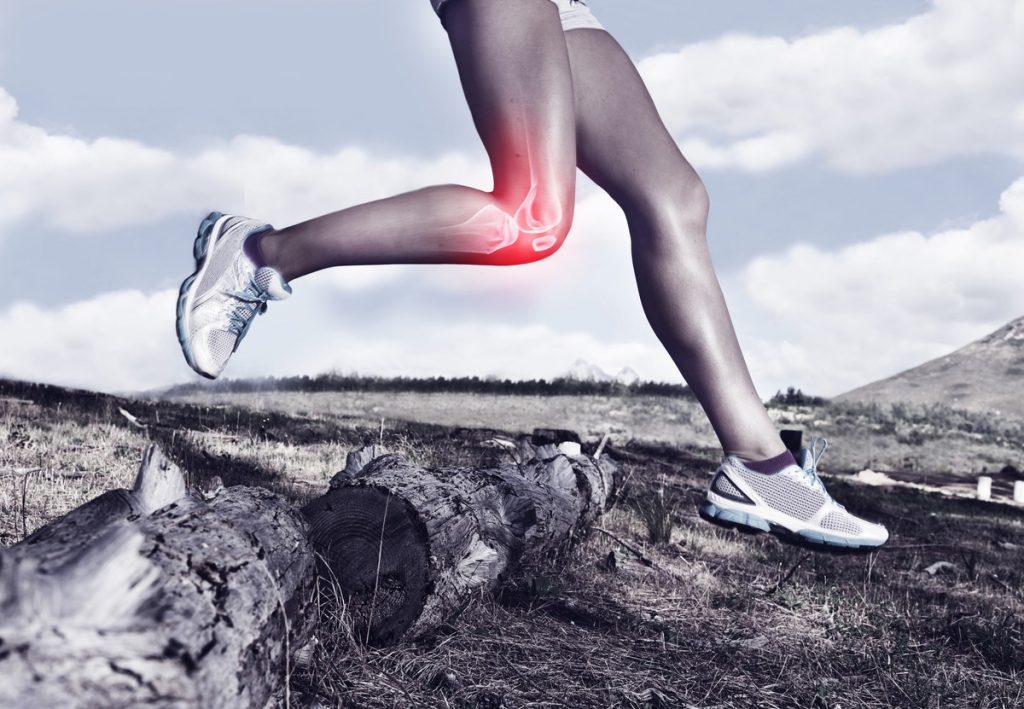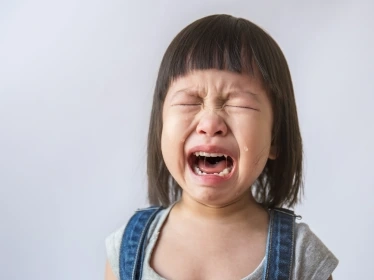
Joint pains are a common condition that many complain of - be it in the knees, shoulders, elbows, etc. but what do you know about these pains? You could be overreacting to a minor issue, or maybe even brushing off pain indicative of an underlying condition! It is important to understand when the pain you are experiencing is serious and requires specialist attention.
What are the common kinds of joint pain? What causes these pains?
Broadly speaking, there are two types of joint pains:
- Mechanical joint pains
- Inflammatory joint pains
Mechanical joint pains are typically 'wear & tear' or degenerative joint pains. Most commonly, a preceding history of trauma many years previous may accelerate the degenerative process. The pain may also be associated with deformity and swelling, as a result of the underlying mechanical joint problems. Knees and hips are the most commonly affected joints. The pain in mechanical joint-related pain is caused by structural problems within the joint.
Inflammatory joint pains are caused by inflammatory mediators that are elevated in the body. Examples of this include gout and rheumatoid arthritis, where the patient typically develops swelling and pain around the joint. Medication that helps control the inflammatory process usually controls the joint symptoms well. In advanced inflammatory joint-related pains, deformity and swelling can also result.
How can you tell if it is a symptom of something serious or just normal aches and pains that come with age?
It can be normal to have periodic joint pains, especially if the muscle and soft tissue support around the joint is weak and the level of activity is more than average.
However, if the joint pain becomes more regular or progressively worsens, that is usually a sign that the internal structure of the joint is compromised and potentially permanently damaged.
Furthermore, if joint pain is associated with other red flags, such as pain at night, fevers and chills, weight loss or multi-joint involvement, then a specialist consultation is warranted.
If my joints make “clicking/cracking” sounds when I move, is that a cause for concern?
Not quite. Clicking joints can be quite common and is usually insignificant until it causes pain. Pain typically denotes an internal structural abnormality such as a plica or a loose body for example, in the knee.
What can we do to prevent our joints from hurting?
Many simple manoeuvres can help. Of these, weight loss and regular muscle strengthening exercises are probably the most effective.
Do note that there is weak evidence to support the role of nutritious supplements, joint braces or even anti-inflammatory medications.
When participating in any sport or physical activity, be sure to learn the correct technique and use the appropriate gear to prevent injury or strain. Prevention is always better than cure!




